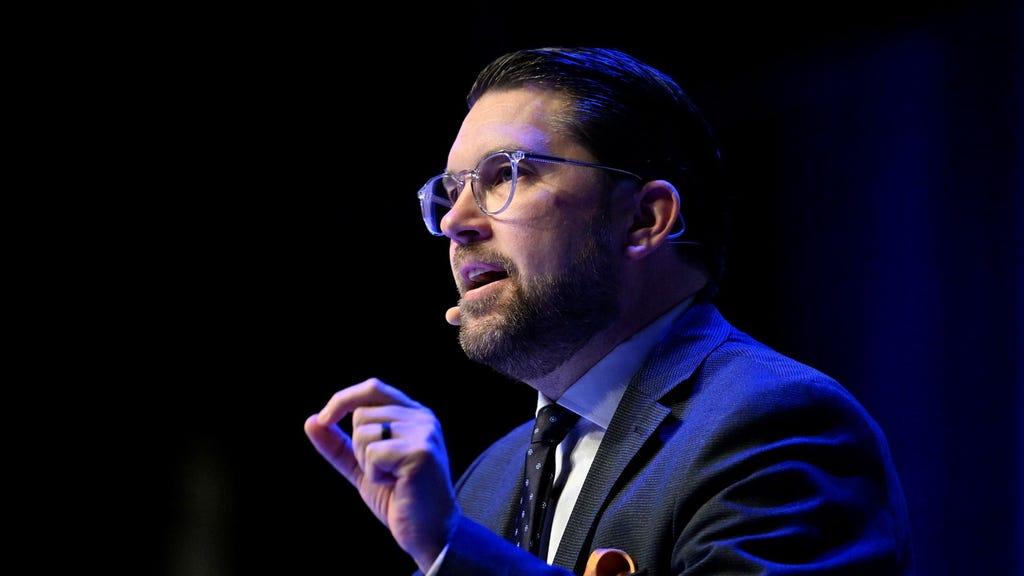The Tidö Agreement, a cooperative pact between the Swedish governing coalition including the Sweden Democrats (SD), is poised to introduce controversial proposals focusing on stricter immigration policies. A key element of the SD’s platform, these policies shift from incentivizing voluntary repatriation to facilitating forced removal of individuals deemed undesirable. The government’s directive broadens the scope for revoking residency permits, including permanent ones, not only for criminal convictions but also for “deficiencies in lifestyle.” This ambiguous criterion potentially encompasses a broad range of behaviors and attitudes, including expressing opinions deemed incompatible with “fundamental Swedish values.” This represents a significant departure from previous immigration policies and raises concerns about the erosion of fundamental rights.
The concept of “deficiencies in lifestyle” is alarmingly vague and potentially encompasses not just actions, but also opinions and expressions. The government is actively investigating the possibility of deporting individuals for expressing views deemed a threat to “fundamental Swedish democratic values.” Such a policy raises serious questions about freedom of expression and the potential for discriminatory application. What constitutes a threat to these values is subjective and open to interpretation, potentially creating a chilling effect on free speech and dissent. This move aligns with the SD’s broader political agenda of restricting immigration and promoting cultural homogeneity, raising concerns about the future of democratic pluralism in Sweden.
Jimmie Åkesson, leader of the SD, exemplifies this perspective. His reaction to Syrian-Swedes celebrating the fall of the Syrian regime was not one of shared joy, but rather suspicion and a call for their repatriation. He viewed the celebration as an expression of “un-Swedish” values, implying that those holding such views should leave the country. This incident highlights how political discourse, especially regarding immigration and national identity, is becoming increasingly polarized. The SD’s rhetoric is effectively framing certain political viewpoints and expressions of cultural identity as incompatible with Swedishness, contributing to a climate of intolerance and exclusion.
Åkesson’s stance on the Syrian celebrations is not an isolated incident. He has previously made similar remarks regarding participants in Palestine demonstrations, further illustrating a pattern of equating dissent with disloyalty. This rhetoric resonates with a segment of the population concerned about societal changes and increased immigration. By linking expressions of solidarity with foreign causes to a lack of Swedish patriotism, Åkesson aims to strengthen his party’s position as the defender of traditional Swedish values and identity. This approach, however, risks undermining the very principles of democracy and free speech it claims to uphold.
The Tidö Agreement signifies that the SD’s views on immigration and national identity are gaining traction within the governing coalition. High-ranking officials, including the migration minister and the prime minister, have echoed similar sentiments, condemning specific protests and advocating for the expulsion of individuals deemed to be spreading “terror romanticism.” This convergence of views across the political spectrum indicates a shift in the public discourse towards a more restrictive and potentially discriminatory approach to immigration and free speech. The government’s focus appears to be on maintaining social cohesion and upholding a particular interpretation of “Swedish values,” potentially at the expense of individual liberties and democratic principles.
The proposed policies raise crucial questions about the boundaries of democracy and the scope of fundamental rights in Sweden. The very notion of “fundamental Swedish democratic values” is open to interpretation and potentially susceptible to political manipulation. While there is a legitimate need to protect democratic institutions from genuine threats, the proposed measures risk creating a climate of fear and self-censorship. Furthermore, these policies raise legal and ethical questions regarding international commitments to human rights and the potential for discriminatory application based on origin, political beliefs, and cultural expression. The government’s pursuit of these controversial measures could have far-reaching consequences for the future of Swedish democracy and the rights of all its residents.














